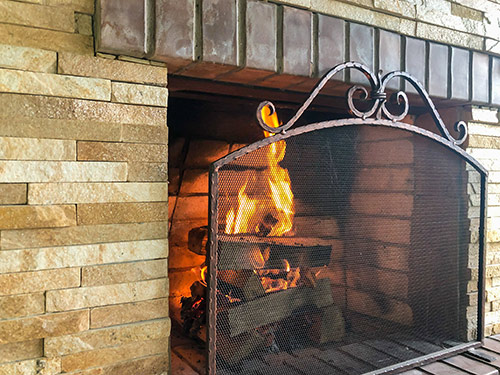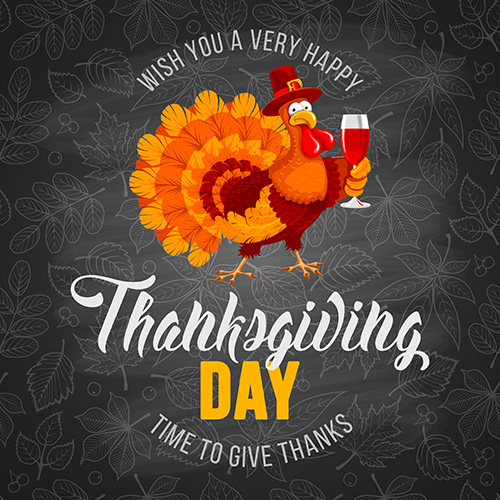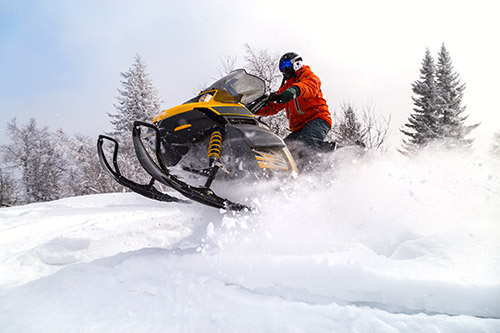
Good health habits like avoiding people who are sick, covering your cough and washing your hands often can help stop the spread of germs and prevent respiratory illnesses like flu. There also are flu antiviral drugs that can be used to treat and prevent flu
The tips and resources below will help you learn about additional actions you can take to protect yourself and others from flu and help stop the spread of germs.
Avoid close contact.
Avoid close contact with people who are sick. When you are sick, keep your distance from others to protect them from getting sick too.
Stay home when you are sick.
If possible, stay home from work, school, and errands when you are sick. This will help prevent spreading your illness to others.
Cover your mouth and nose.
Cover your mouth and nose with a tissue when coughing or sneezing. It may prevent those around you from getting sick. Flu viruses spread mainly by droplets made when people with flu cough, sneeze or talk.
Clean your hands.
Washing your hands often will help protect you from germs. If soap and water are not available, use an alcohol-based hand rub.
Avoid touching your eyes, nose or mouth.
Germs can be spread when a person touches something that is contaminated with germs and then touches his or her eyes, nose, or mouth.
Practice other good health habits.
Clean and disinfect frequently touched surfaces at home, work or school, especially when someone is ill. Get plenty of sleep, be physically active, manage your stress, drink plenty of fluids, and eat nutritious food.
Preventing Flu at Work and School
At School
- Find out about plans your child’s school, childcare program, and/or college has if an outbreak of flu or another illness occurs and whether flu vaccinations are offered on-site.
- Make sure your child’s school, childcare program, and/or college routinely cleans frequently touched objects and surfaces, and that they have a good supply of tissues, soap, paper towels, alcohol-based hand rubs, and disposable wipes on-site.
- Ask how sick students and staff are separated from others and who will care for them until they can go home, and about the absentee policy for sick students and staff.
At Work
- Find out about your employer’s plans if an outbreak of flu or another illness occurs and whether flu vaccinations are offered on-site.
- Routinely clean frequently touched objects and surfaces, including doorknobs, keyboards, and phones, to help remove germs.
- Make sure your workplace has an adequate supply of tissues, soap, paper towels, alcohol-based hand rubs, and disposable wipes.
- Train others on how to do your job so they can cover for you in case you or a family member gets sick and you have to stay home.
- If you begin to feel sick while at work, go home as soon as possible.
Source: CDC.gov





